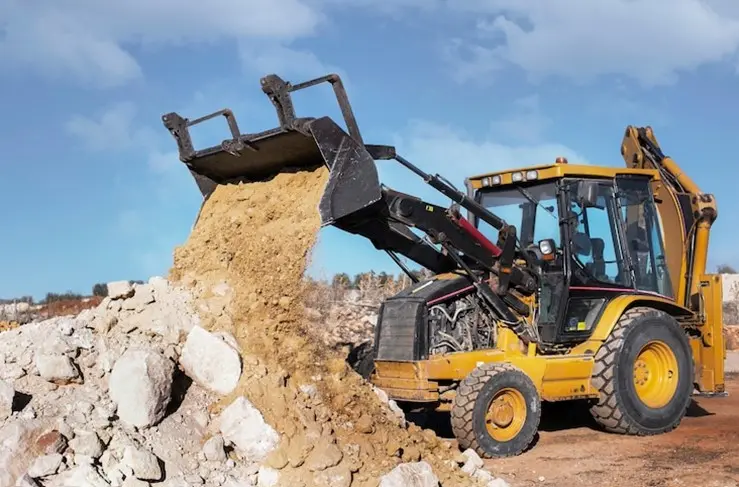When it comes to workplace safety, few things demand more attention than heavy machinery. These machines are powerful, essential, and often dangerous if not handled properly. From construction sites to manufacturing plants, heavy machinery plays a big role in getting the job done. But when safety rules are ignored or equipment isn’t maintained, serious accidents can happen in the blink of an eye.
That’s why it’s so important for companies to follow strict regulations. And for those who’ve been hurt, knowing what went wrong is just as important as knowing what comes next. If you or someone you care about has been injured in one of these accidents, it may be time to contact a heavy machinery accident lawyer who can help you understand your rights and guide you through the next steps.
What Counts as Heavy Machinery?
The term “heavy machinery” covers a wide range of large, powerful equipment used in industries like construction, mining, agriculture, and manufacturing. These machines are often operated by trained professionals and can weigh several tons.
Some common types of heavy machinery include:
- Excavators
- Bulldozers
- Cranes
- Forklifts
- Trenchers
- Backhoes
- Loaders
- Compactors
These machines are designed for heavy-duty tasks like digging, lifting, transporting, or crushing materials. While they make work faster and easier, they also pose serious risks if not operated correctly or maintained properly.
Safety Regulations Companies Must Follow
To keep workers safe, both federal and state agencies set rules for how heavy machinery must be used. In the United States, the Occupational Safety and Health Administration (OSHA) plays a big role in setting and enforcing these rules.
Here are some common regulations:
- Proper training: Operators must be trained and certified to use heavy machinery.
- Routine inspections: Equipment must be checked regularly to catch any mechanical issues.
- Clear work zones: Sites must be organized so that only authorized workers are near operating machines.
- Protective gear: Workers must wear the right safety gear like helmets, gloves, and steel-toe boots.
- Maintenance logs: Companies must keep records of all repairs and safety checks.
Ignoring these rules can lead to serious consequences. Not only can people get hurt, but companies can also face fines or lawsuits.
Common Injuries from Heavy Machinery Accidents
Heavy machinery accidents are some of the most dangerous in the workplace. Injuries can range from minor cuts to life-changing trauma.
Some common injuries include:
- Crushed limbs or amputations
- Broken bones
- Head or brain injuries
- Spinal cord damage
- Burns or electrical shock
- Internal injuries
In the worst cases, these accidents can even lead to death. Many of these injuries happen because of negligence. That could mean the operator wasn’t trained properly, a machine wasn’t maintained, or a company cut corners to save time or money.
What Victims Can Do After an Accident
If someone is injured by heavy machinery, the first step is to get medical help. But after that, it’s important to document what happened and gather any evidence if possible. Photos, witness statements, and medical records can all help build a strong case.
That’s where legal support comes in. An experienced lawyer can investigate the incident, find out who was responsible, and help victims get compensation for things like:
- Medical expenses
- Lost wages
- Pain and suffering
- Ongoing therapy or rehabilitation
Final Thoughts
Heavy machinery is part of many jobs, but it comes with real risks. Companies have a responsibility to follow the rules, train their workers, and make safety a priority every single day. When they fail to do that, people get hurt—and that’s never okay.
If you or a loved one has been affected by a heavy machinery accident, don’t try to handle it all on your own. Learn your rights, get support, and take action. Help is out there, and you deserve to be safe at work.
Also Read-When to Hire a Workers’ Compensation Lawyer: 7 Key Signs

